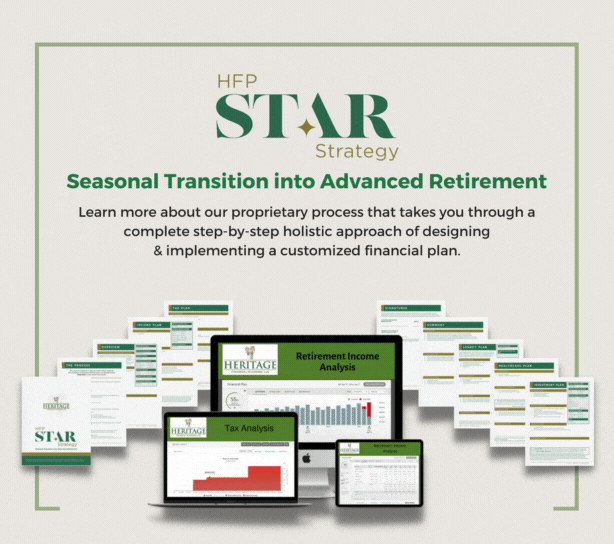Why You Don’t Want Your Estate Going Through Probate
When someone passes away, their assets don’t automatically go to their loved ones. Instead, they may go through probate—a court-supervised process that proves a will, settles debts, and distributes remaining assets. While probate serves a legal purpose, it can also be slow, expensive, and very public.
For many retirees, avoiding probate is a smart move to protect privacy, minimize costs, and ensure heirs receive what they’re entitled to—quickly and without unnecessary stress.
What Happens During Probate?
Probate is a legal process that can take anywhere from a few months to more than a year. During this time, assets may be frozen, heirs must wait, and the estate becomes a matter of public record.
Key downsides include:
- Court fees and attorney costs that reduce the estate’s value.
- Time delays that prevent beneficiaries from accessing assets promptly.
- Lack of privacy, as details of your estate become public information.
Probate can be especially challenging for families dealing with grief, blended family dynamics, or disputes over inheritances. Fortunately, there are several ways to avoid it.
5 Smart Ways to Avoid Probate Entirely
Avoiding probate doesn’t require being wealthy—it just requires planning. Here are five effective strategies:
- Use Beneficiary Designations
Assets like IRAs, 401(k)s, life insurance, and brokerage accounts allow you to name beneficiaries. These assets bypass probate and go directly to your chosen recipients—just make sure your designations are up to date. - Establish a Revocable Living Trust
Transferring assets into a trust during your lifetime allows them to pass to beneficiaries without court involvement. A trust offers privacy, faster distribution, and flexibility if you become incapacitated. - Joint Ownership With Rights of Survivorship
Property owned jointly with a spouse or partner automatically transfers to the survivor upon death. Just be cautious using this method with non-spouses, as it can create unintended consequences. - Use Transfer-on-Death (TOD) and Payable-on-Death (POD) Accounts
These designations can be added to bank accounts, investment accounts, and even vehicles in some states. They function like beneficiary designations and avoid probate. - Gift Assets During Your Lifetime
If you’re in a position to do so, gifting assets while alive not only reduces your taxable estate—it also removes those assets from probate entirely.
It’s Not Just About Speed—It’s About Control
Avoiding probate isn’t about “hiding” assets—it’s about making sure your legacy is transferred smoothly, privately, and according to your wishes. Without a plan, state laws will dictate who gets what—and that may not reflect your intent.
Whether your estate is modest or complex, it’s worth taking steps now to ensure your loved ones aren’t left dealing with court filings and delays during an already emotional time.
We Help You Protect What You’ve Worked a Lifetime to Build
At Heritage Financial Planning, our HFP S.T.A.R. Strategy (Seasonal Transition into Advanced Retirement) includes comprehensive legacy planning—so you can pass on your assets with clarity and confidence. We’ll help you create an estate strategy that avoids probate, reduces taxes, and honors your personal goals.
Schedule your estate planning session today and discover how simple steps today can save your loved ones time, money, and stress tomorrow.

Click here to learn more about our HFP STAR Strategy process.
Sources:
• Nolo: Probate Process Overview – https://www.nolo.com
• AARP: Avoiding Probate – https://www.aarp.org
• American Bar Association – Estate Law: https://www.americanbar.org
• Heritage Financial Planning: https://heritagefinancialplanning.net/about/heritage-financial-star-strategy/











